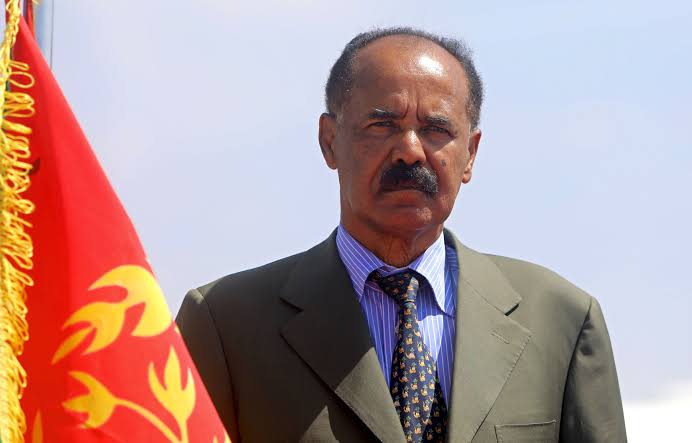
The political history of Africa has been profoundly influenced by leaders who have maintained their positions of power for extremely extended periods of time. These presidents, some of whom have controlled their respective countries for more than four decades, have had a considerable impact on the governance, stability, and socio-economic growth of their respective countries. Several of these long-serving leaders are still in office as of the year 2026, gaining attention from around the world not only for their unusual longevity but also for the controversy and criticism that have frequently followed their reigns.
List Of Top 10 Longest Serving Presidents in Africa 2026
1. Teodoro Obiang
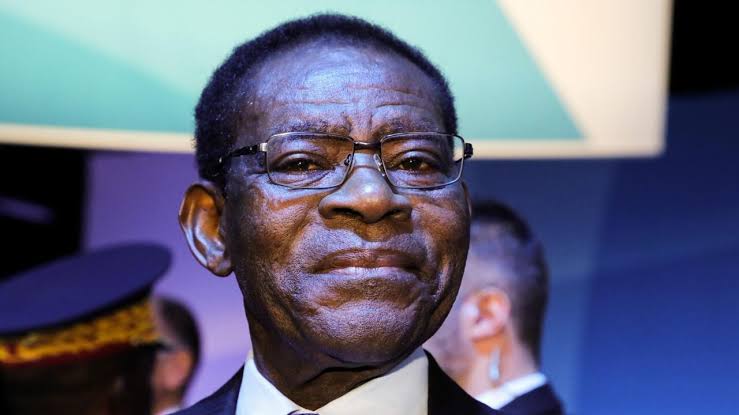
It is widely acknowledged that Teodoro Obiang Nguema Mbasogo is among the most influential and contentious personalities in the annals of African political history. As of the year 2026, he has maintained his position as the president of the United States of America for more than forty years, making him the longest-serving president not only in Africa but also in the entire globe. Since he took office in August 1979, his presidency has had a significant impact on the political, economic, and social environment of Equatorial Guinea, a Central African nation that is relatively tiny yet rich in oil resources.
2. Paul Biya
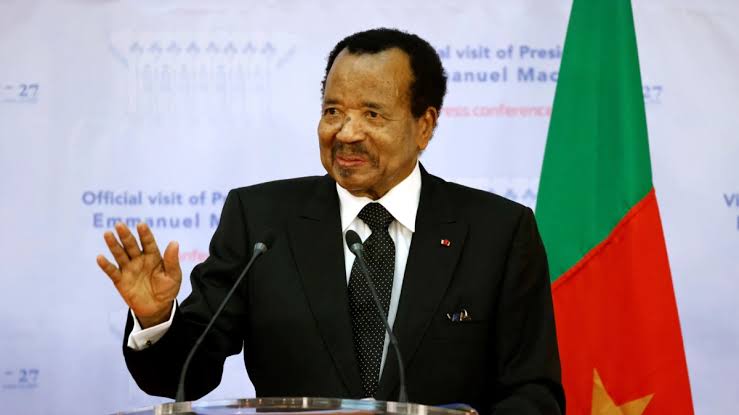
The current President of Cameroon, Paul Biya, is widely regarded as one of the most influential political figures not just in Africa but also on a global scale. Through the year 2025, Biya has been in power for more than 42 years, making him the second longest-serving president in Africa, with Teodoro Obiang of Equatorial Guinea being the longest-serving ruler in the continent. His presidency, which began in 1982, has lasted for numerous generations, enduring the politics of the Cold War, multiple economic crises around the world, and evolving regional dynamics in Central Africa.
3. Denis Sassou Ngues
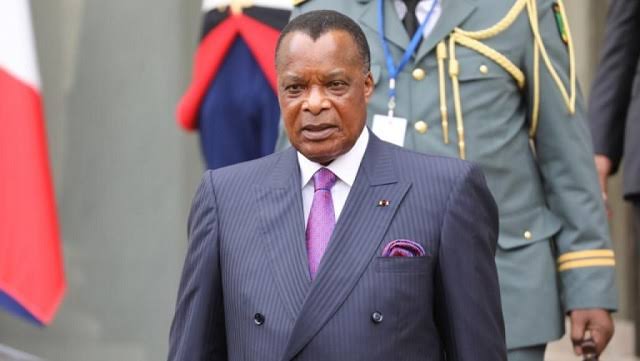
Denis Sassou Nguesso is one of the political personalities in Africa who has served the longest and has managed to remain resilient. As of the year 2026, he has served as the head of state of the Republic of the Congo, which is also referred to as Congo-Brazzaville. During this time, he has held the position of president for two distinct periods that span both the Cold War and the post-Cold War eras. His period in office has been defined by authoritarian control, constitutional manipulation, civil unrest, and economic dispute; all of these things have been underpinned by a remarkable capacity to maintain power despite shifting political tides.
4. Yoweri Museveni
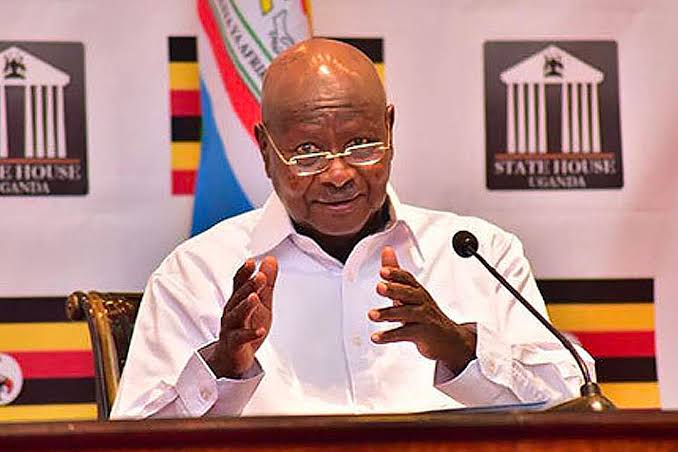
One of the most powerful and long-lasting figures in African politics is President Yoweri Kaguta Museveni of Uganda, who has been in office since 1986 and has governed the country for almost 40 years. His tenure has been characterized by a mix of political power, economic reform, military might, and a long-standing dispute over human rights and democratic governance.
5. King Mswati III
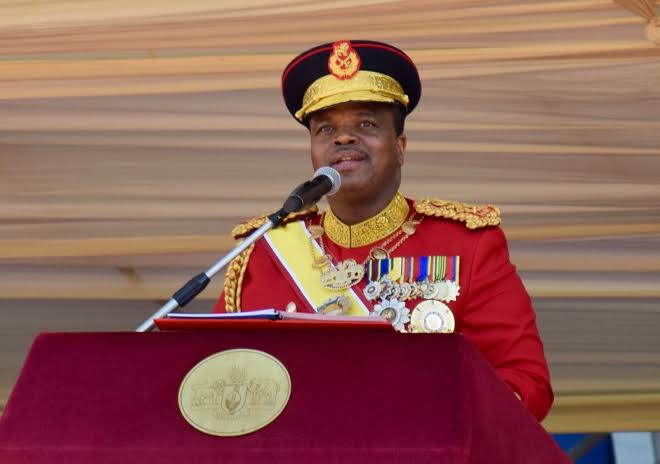
The only absolute monarch that still reigns in Africa is King Mswati III, who is currently the ruler of Eswatini (which was once known as Swaziland). Beginning in 1986, when he was just 18 years old, he succeeded to the throne of the little Southern African nation, and as of the year 2026, he has been in power for nearly four decades. Because of the fact that his rule has been characterized by a combination of tradition, splendor, political repression, and social problems, he is considered to be one of the most controversial leaders located on the continent.
6. Isaias Afwerki

One of the most mysterious and longest-serving leaders in Africa is Isaias Afwerki, who currently holds the position of President of Eritrea. Since the country gained its independence in 1993, he has been in power in Eritrea for more than thirty years as of the year 2026. Isaias, who was once lauded as a liberator and revolutionary hero, has become a figure that is extremely controversial. He is often blamed for leading one of the most restrictive governments in the world.
7. Letsie III
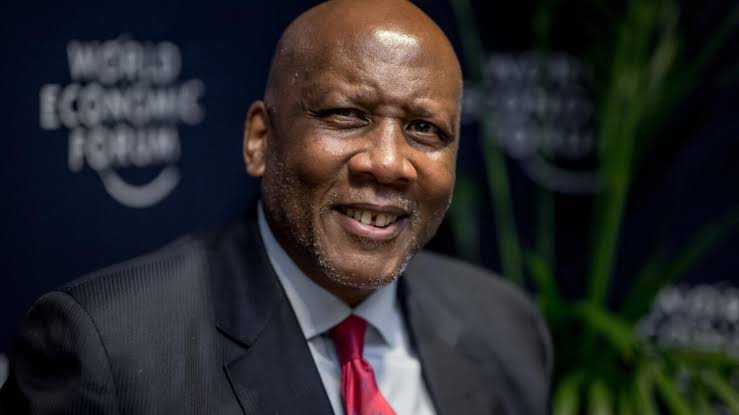
A small country that is completely encircled by South Africa, the Kingdom of Lesotho is ruled by King Letsie III, who is currently the reigning monarch. King Letsie III, in contrast to many of Africa’s long-standing and frequently contentious kings, serves mostly in a ceremonial capacity, serving as a symbol of national unity rather than exercising executive power. As of the year 2026, he has been sitting on the throne for more than three decades. He is revered for his unruffled manner, his dedication to issues related to development, and his non-partisan stance in the chaotic political scene of Lesotho.
8. Ismaïl Omar Guelleh
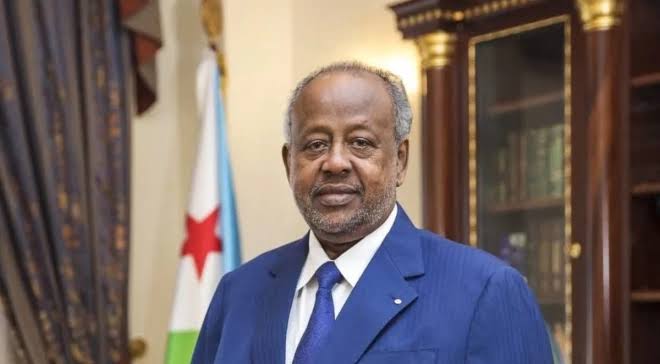
Born in Dire Dawa, Ethiopia, on November 27, 1947, as a member of the Mamassan clan of the Issa Somali ethnic group, Ismaïl Omar Guelleh has been the President of Djibouti since 1999, and his leadership has made the country a major player in international trade and regional diplomacy. Guelleh’s ancestry can be traced back to Guelleh Batal, who signed the 1917 agreement that transferred territories to French control. After completing his education in French-administered Djibouti, he joined the police force in 1968, eventually becoming an inspector, and he actively participated in the independence movement, helping to bring Djibouti to sovereignty in 1977.
9. Mohammed VI
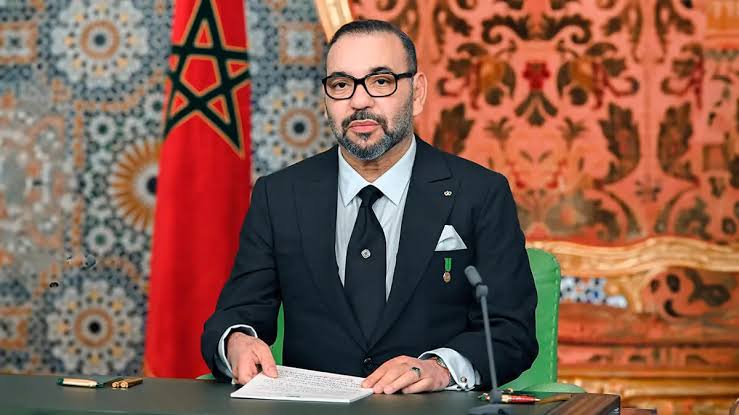
Mohammed VI is a direct descendant of the Prophet Muhammad and a member of the Alawi dynasty, which has dominated Morocco for almost 400 years. He was born in Rabat, Morocco, on August 21, 1963. He is the first son and second child of Princess Lalla Latifa and the late King Hassan II. After attending the Collège Royal and receiving a theological and political education in the Royal Palace, he graduated from Mohammed V University in 1985 with a bachelor’s degree in law. He later received a PhD in public law from the French University of Nice Sophia Antipolis in 1993.
10. Paul Kagame
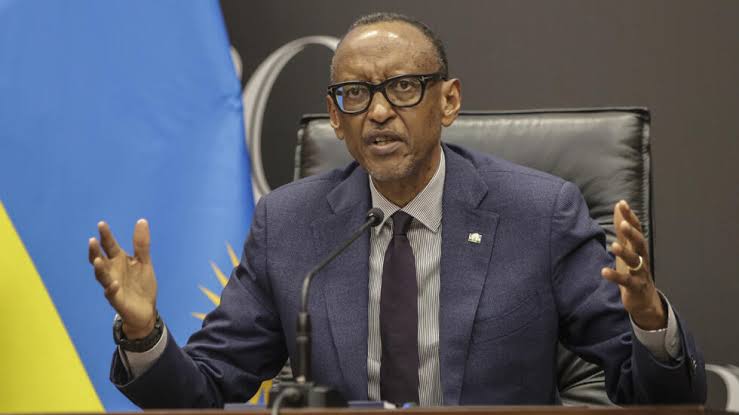
Paul Kagame was born in Tambwe, Ruanda-Urundi (now Rwanda), on October 23, 1957. He and his family fled to Uganda in the early 1960s to avoid ethnic violence against the Tutsi community, where he joined the Rwandan Patriotic Front (RPF), a rebel group made up primarily of exiled Tutsis who wanted to return to Rwanda and help their people. As the leader of the RPF, Kagame led a military campaign that overthrew the genocidal government, stopping the mass murders that claimed about 800,000 lives. This intervention not only saved countless lives but also set the groundwork for Rwanda’s post-genocide reconstruction.





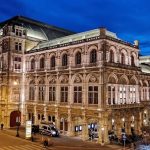
F*ckin’ awesome issues here. I’m very happy to peer your post. Thank you a lot and i am taking a look ahead to touch you. Will you please drop me a e-mail?